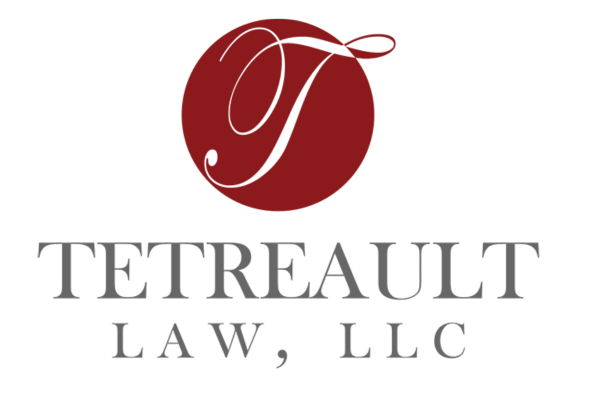Property Liens and Real Estate Transactions
One of the most common issues arising in connection with the sale of a property is when there is a lien on the property being sold.
A lien is a legal claim attached to your property, which puts others on notice that you owe a creditor money. Before you can sell your property and give clear title to the buyer, you must pay off that lien.
A lien placed against your property may prevent you from selling your property. A buyer should beware of a home with a ‘clouded’ title, and no bank will issue a mortgage to a property with a lien placed against it.
Liens Are a Claim, Not Title to Property
A lien is a claim that may eventually be used to force the sale of a property. It is not title to property, and a lienholder does not have ownership rights. Rather, it is an equitable interest that gives its holder the right to have satisfaction out of the property to secure the payment of a debt. You could lose your property if a sale is forced due to an unpaid lien.
There are three different types of liens: Voluntary (Consensual), Involuntary (Statutory), and Judgment. Consensual liens are considered good liens and do not impact your credit. These include mortgages, vehicles, and business assets. Statutory liens are considered bad and will remain on your credit for seven years. These include mechanic and tax liens.
Mortgages Are a Common Example of a Lien
When you take out a mortgage on a property, the bank places a lien on your property until the mortgage is paid off in full. In this case, you have voluntarily given the bank a lien to shield it from the possibility that you may default on your loan. If you do not pay the mortgage, the bank has a right to foreclose against the property. If you sell the property, the bank has the right to be paid any money owed from the proceeds of the sale.
Common Examples of Property Liens
Many entities can place a lien on a property. Besides a bank, here are some other common entities that may put a lien on your home:
- The government – Unpaid tax bills result in liens until they are paid.
- Utilities – The failure to pay a utility bill, such as water or sewer assessments, can give a utility the right to place a lien. In some cases, a utility may even place a lien if a property is under the control of a tenant.
- Mechanics – Anyone who has performed work on a property can place a lien if they have not been paid.
- Homeowners Associations – Homeowners association dues must be paid. An HOA can file a lien if it is owed money.
- Other creditors – If someone is owed money for other reasons, such as a personal injury lawsuit, the creditor may be able to place a lien on the debtor’s home. However, the law recognizes the rights of a homeowner, and it often exempts the homestead from debts.
When there is a lien on a property, it is considered a cloud on the title. Therefore, you cannot transfer property with a lien in Georgia, as you do not have clear title. Liens must be cleared up before title to a property can be transferred to a new owner.
How to Remove a Lien
The simplest way to have a lien removed is to pay it off. You may even be able to negotiate with the lienholder for a reduced settlement and pay less than was originally owed. Either way, make sure the creditor formally releases the lien from your property, and be sure to get a copy of the ‘release of lien’ for your records.
There are a number of other ways to remove a lien—strip the lien via bankruptcy, wait for the statute of limitations to end, and, in certain cases, get a court order to remove it.
Many Savannah Real Estate Transactions Are Affected by Liens
Liens are more common than you may think. Title issues occur in roughly one in every four property sales. Therefore, before a sale is completed, a buyer should have a Savannah real estate attorney perform a title search. In most cases, title defects, including liens, can be resolved.
Whether you are considering purchasing a property with a lien or considering fighting a lien on your property, the best way to protect yourself is to hire a real estate lawyer. At Tetreault Law, we will help you understand the legal implications of a lien. Contact us today.


Recent Comments